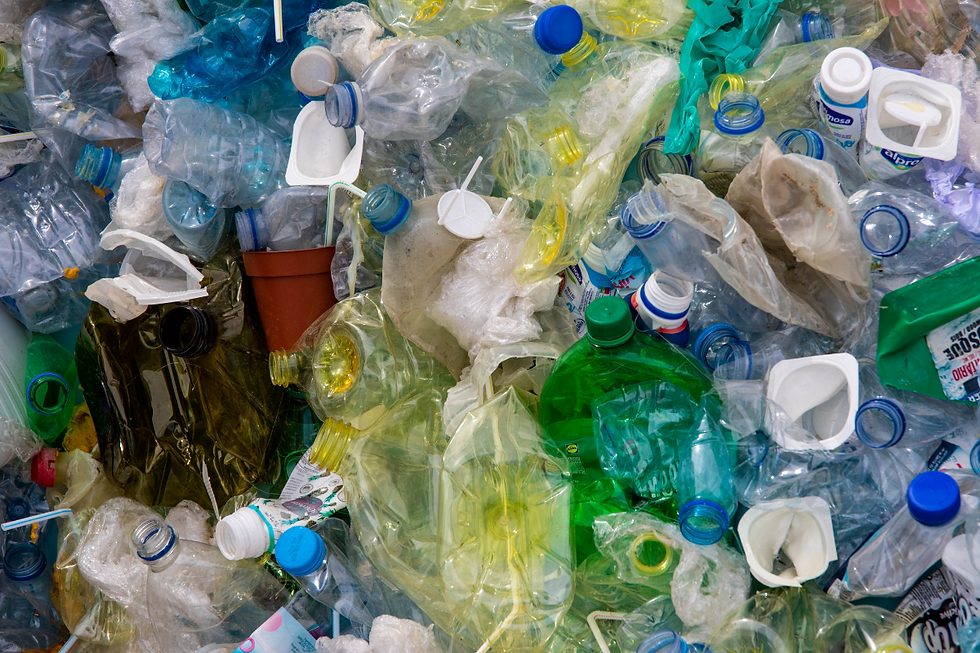Can we have a plastic free lifestyle?
- Sea Sense Flip Flops
- Feb 4, 2022
- 3 min read

Achieving a plastic free lifestyle can be a challenge, but step by step, and by integrating small changes, we can all contribute to reducing the volume of plastic accumulating in our rivers and oceans. Throughout 2022, Sea Sense Flip Flops will highlight initiatives, and give tips on how we can all refuse, reduce, reuse, repair, and recycle.
Refuse
If you don’t need it, just refuse it. Our focus here is single-use plastics, such as cutlery, water bottles or containers used in take-out food sales, over-packaged products, plastic bags, and wet wipes (which are often full of plastic). We produce more than 400 million tons of plastic a year worldwide, and more than a third of that is used to make packaging – most of it single-use[1]
It will not come as a surprise, then, to know that most of the items collected to date on our community clean-up actions have been single-use items.
Across Europe and more globally, initiatives to cut back our reliance on the use of single-use items seem to be gathering pace, with bans or taxes introduced for single-use items like bags, cotton buds and straws. France has brought in further measures this year as part of the 2020 anti-waste law for a more circular economy, such as:
– A ban on ‘over-packaging’ all fruit and veg weighing less than 1.5kg
– Public indoor spaces are required to provide access to drinking water
– Magazines and advertisements must be sent without plastic packaging
– A ban on tea bags made from non-biodegradable plastic
This is a good start, but our daily lives are still filled with single-use plastic items. Within the project, partners work with communities, schools, and businesses to promote a move away from these items where possible by targeting and developing solutions with and for specific sectors, and raising public awareness of plastic pollution.
For example, the Parc naturel marin d’Iroise (PNMI) works directly with the local fishing industry. They are testing biodegradable fishing gear which could be a viable alternative to plastic nets and ropes, a common source of marine litter.
So back to our daily lives, what we can we all do?
It can feel like a small dent to an enormous global problem, but dents of all sizes and across all levels of society are needed to fix the issues resulting from our global appetite for plastic. Here are just a few ideas of how you can start on your own journey to preventing plastic pollution:
Become more aware of the amount and types of plastic that come with your daily purchases. Is there an alternative? From one brand to another, the amount and type of packaging can vary greatly. Do a plastic health check; can any of it be avoided on your next shop?
Get loose with your groceries: simply start by trying to avoid fruit and veg wrapped in plastic, especially those which are already well wrapped by mother nature. Take it up a notch and visit a zero-waste shop and see what plastic free options you think you could introduce to your everyday life.
Refuse over-packaging, such as products divided into individual portions or those packaged in multiple plastic packages.
Carry a cotton bag with you to avoid having to use a plastic one.
Take it one step further and take part in Defra’s call for evidence on single use plastic items.
Make simple changes to your wardrobe, like adding a pair of eco-friendly, natural rubber flip flops
For more tips or ideas on avoiding plastic follow us on Instagram and if you have not done so yet, sign up to receive the Sea Sense Flip Flops newsletter.



Comments